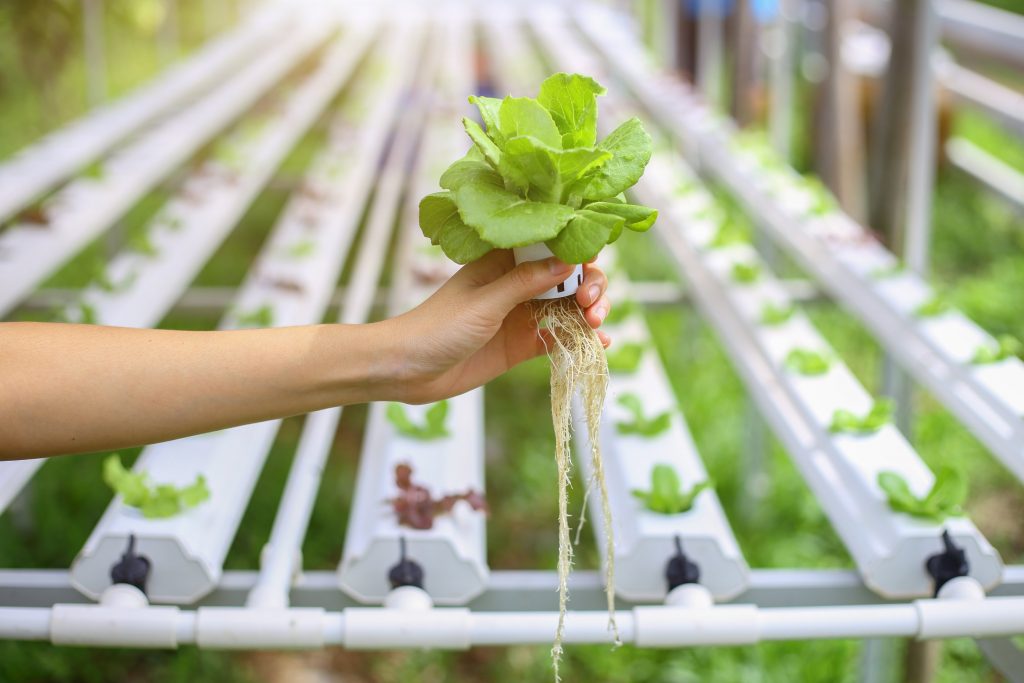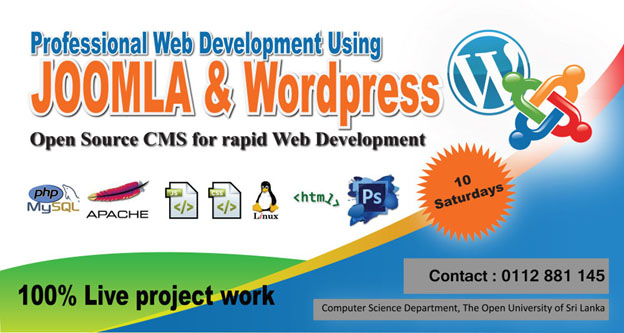Food security is one of the pivotal themes of the new millennium and it has recently become the most urgent challenge in agricultural industry. However, it should be noted that the progressive drop of fertile soil surface, due to the environmental pollution and urbanization phenomena, greatly complicates the context. The possibility of exploring surfaces not anymore fertile (due to pollution, unavailability of fertilizer, pathogen problems etc) for agricultural purposes and also reduced water requirement and high production efficiency make the cultivation in soilless systems surely a viable opportunity.
Currently, about 3.5% of the world-wide area cultivated under tunnels and green houses for vegetable production adopts the soilless agricultural techniques such as floating systems, Nutrient film techniques (NFT) and Aeroponics. Moreover, it should be highlighted that this cultivation approach also represents a favourable response towards a more environmentally friendly agriculture and offers a number of additional advantages including ,being easy to build and manage, require a little labour, present lower incidence of soil-borne diseases, make use of low cost /recycled materials to build growing containers, enable to obtain higher yield and intensified productivity and shorten the chain between harvest and consumption with reduced postharvest losses.
This significant diffusion at the field scale undoubtly highlights the availability of numerous benefits of this production approach in addition to the more efficient use of the nutritional resources including water. However, in Sri Lanka, there has been limited opportunities available in the market to purchase the hydroponic setups or few people are aware of the importance of this user friendly approach to build up the systems by their own.
Besides, there has been a predicted food shortage in the country and those who live in urban areas may lack the opportunity to find soil for crop cultivation. In this period, the new techniques for growing crops using low cost soilless media and nutrient solutions will be of great advantage in meeting the daily food requirement for urban and peri- urban livelihood.
The main objective of this short course is to develop practical skills relevant to soil-less agricultural systems for crop cultivation and to enhance abilities to apply relevant techniques for different types of vegetable species. The Department of Botany plans to offer this short course on “soil-less agricultural techniques for urban gardening” starting in August 2022 as a CERC project.
Flyer-soilless agriculture techniques
To register click here.





